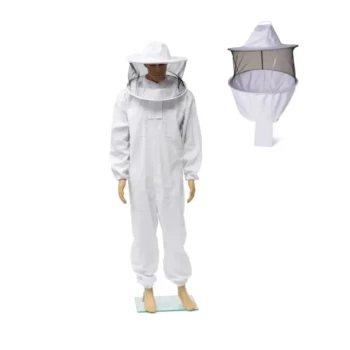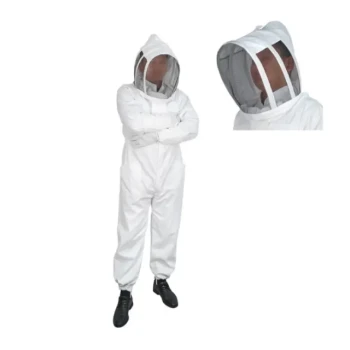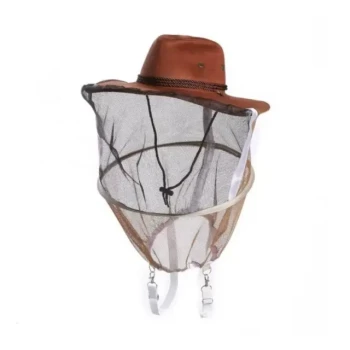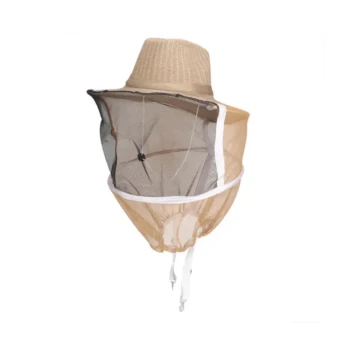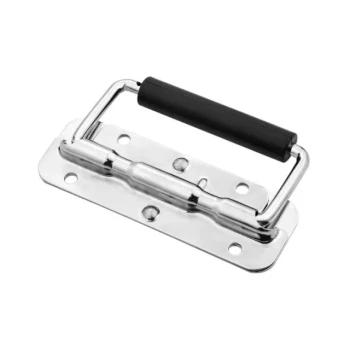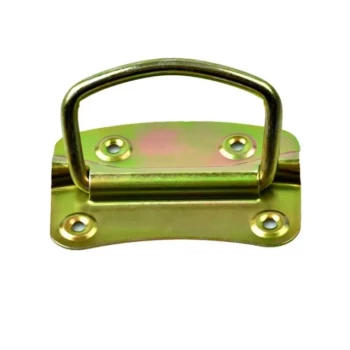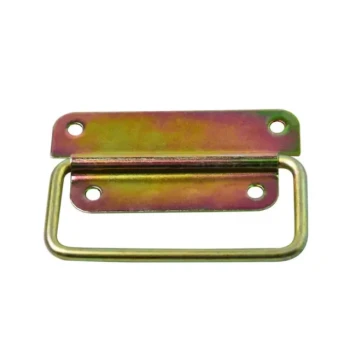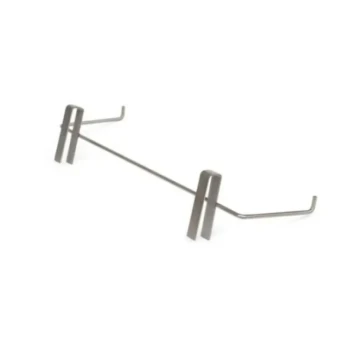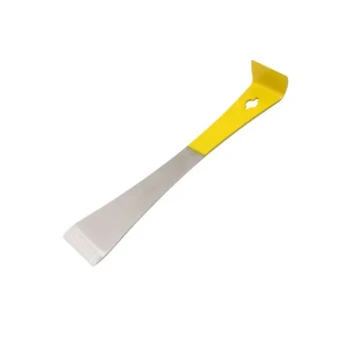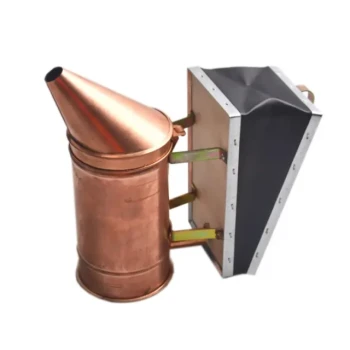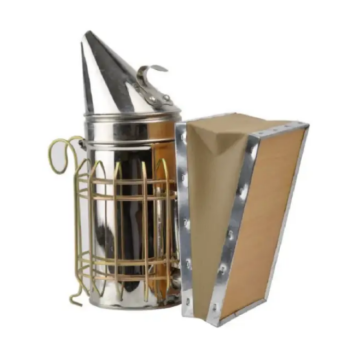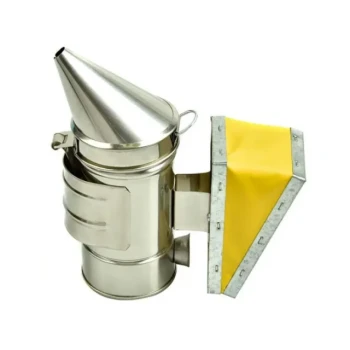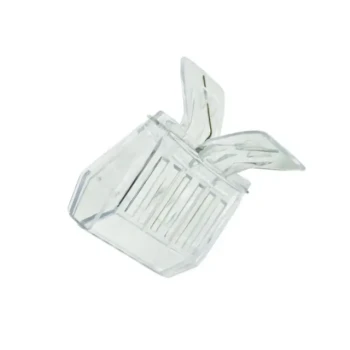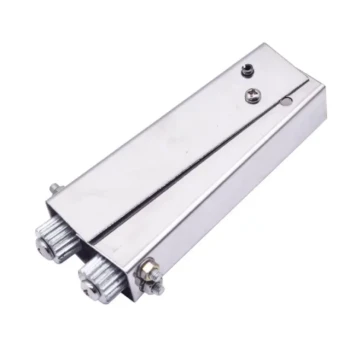Technically, yes, it is possible to harvest honey without a bee suit. Experienced beekeepers with exceptionally calm hives sometimes do so under perfect conditions. However, this is an exception, not the rule, and it represents a significant risk that is not recommended for the vast majority of beekeepers, especially beginners.
Forgoing a bee suit is less about bravery and more about a deep, practiced understanding of bee behavior, hive genetics, and environmental triggers. It's a calculated risk that is only appropriate for experts, as even the calmest hive can become defensive without warning.
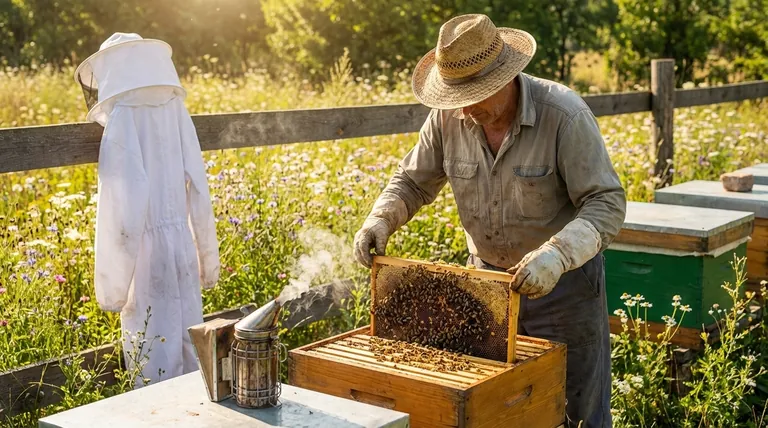
The Conditions for Suit-Free Beekeeping
Working with bees without protection is not a random act. It requires a specific convergence of factors that minimize the bees' natural defensive instincts. An expert beekeeper assesses all these conditions before ever considering opening a hive unprotected.
Hive Temperament is Paramount
The single most important factor is the genetic disposition of the colony. Experienced beekeepers often breed their own queens, selecting for gentle and non-defensive traits over generations. A hive with aggressive genetics will be defensive regardless of the beekeeper's skill.
The Beekeeper's Calm Demeanor
Bees are highly sensitive to vibrations, sharp movements, and even the carbon dioxide in anxious breath. A suit-free beekeeper must move with slow, deliberate, and confident motions. Any sign of panic or fear can be detected by the bees and trigger a defensive response.
Ideal Environmental Conditions
The time of day and weather are critical. The ideal time is a warm, sunny, calm afternoon. During these periods, a large portion of the hive's population—the older forager bees—are out collecting nectar, leaving fewer bees in the hive to defend it.
Presence of a Strong Nectar Flow
When local flowers are producing abundant nectar, the colony is typically busy, content, and less likely to be agitated. During a "nectar dearth" (a period with no available nectar), bees can become irritable and highly protective of their stored resources.
The Correct Use of a Smoker
Even beekeepers working without a suit almost always use a smoker. Cool, white smoke masks the alarm pheromone (isoamyl acetate) that guard bees release when they perceive a threat. This prevents a single sting from escalating into a mass attack.
Understanding the Inherent Risks & Trade-offs
The allure of working with bees in this "natural" way is strong, but it must be weighed against significant and unpredictable risks. A bee suit is not a sign of weakness; it is a professional tool for mitigating danger.
The Predictability Problem
A hive is a complex superorganism with thousands of individuals. Its mood can change in an instant. A dropped tool, a loud noise, or a hidden animal nearby can turn a calm hive into a defensive one in seconds.
The Danger of a Mass Sting
When one bee stings, the alarm pheromone it releases can incite a chain reaction. Being caught in a mass stinging event without protection is not only incredibly painful but can be life-threatening, even for those without a known allergy.
The Risk of Developing an Allergy
Bee sting allergies can develop at any point in a person's life, even after hundreds of previous stings with no reaction. A single sting to the face or neck can cause dangerous swelling, and anaphylactic shock is a serious medical emergency.
Why a Suit Builds Better Skills
For a beginner, a protective suit removes the fear and distraction of getting stung. This allows you to focus on learning the essential skills: how to move smoothly, how to inspect frames properly, and how to understand the hive's health. Calmness learned under protection becomes true calmness without it.
Making the Right Choice for Your Safety
Your decision to use protective gear should be based on a realistic assessment of your experience level and a commitment to the well-being of both yourself and your bees.
- If you are a beginner or intermediate beekeeper: Always wear a full bee suit with a veil, gloves, and proper footwear. Your primary goal is to build confidence and skill safely.
- If you are an expert with a known gentle hive: You might consider working without gloves on a perfect day for a quick task, but a veil is always wise. For major work like harvesting, a full suit remains the professional standard for safety and efficiency.
- If you are simply curious about beekeeping: Recognize that videos of suit-free beekeepers showcase the absolute peak of experience under ideal conditions, not the everyday reality for the vast majority of hobbyists and professionals.
Prioritizing safety with proper gear is the mark of a responsible and effective beekeeper.
Summary Table:
| Key Factor | Why It Matters for Suit-Free Work |
|---|---|
| Hive Temperament | Only hives with gentle, bred-for-calm genetics are candidates. |
| Beekeeper Demeanor | Slow, deliberate movements are essential to avoid triggering bees. |
| Weather & Time | Warm, sunny afternoons when foragers are away are best. |
| Nectar Flow | Bees are less defensive when abundant food is available. |
| Smoker Use | Critical for masking alarm pheromones and preventing mass attacks. |
Prioritize safety and efficiency with professional-grade equipment from HONESTBEE.
Whether you manage a commercial apiary or distribute beekeeping supplies, having reliable, durable protective gear is non-negotiable for productive and safe operations. HONESTBEE supplies the high-quality bee suits, veils, gloves, and smokers that professionals trust to protect their teams and their livelihoods.
Contact HONESTBEE today to discuss your wholesale needs and ensure your beekeeping practice is built on a foundation of safety and success.
Visual Guide
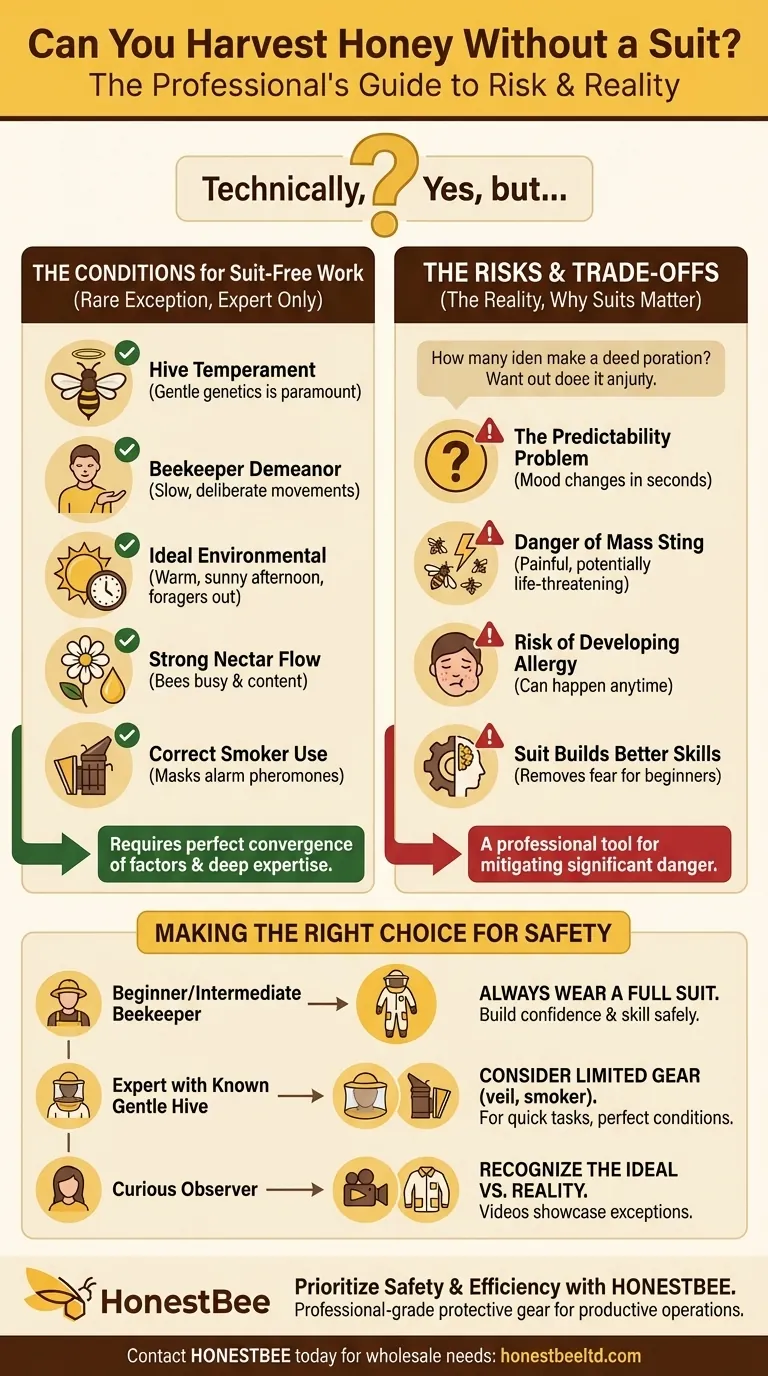
Related Products
- Professional Cotton Beekeeper Suit with Round Veil Design for Commercial Apiaries
- Premium Cotton Beekeeper Suit with Reinforced Fencing Veil
- Professional Beekeeping Suit for Kids and Girls Childrens Bee Keeper Suit
- Premium Cowboy Beekeeper Hat with Visibility Veil Outdoor Professional Beekeeping Protective Gear
- Beekeeper Cowboy Hat and Veil for Beekeeping
People Also Ask
- What functions does full-body PPE serve during professional bee removal operations? Ensure Safety and Precision
- What function do full-body bee suits and veils serve in commercial beekeeping operations? Ensure Safety and Efficiency
- What is the function of beekeeping protective gear for high-defense colonies? Maximize Safety & Labor Efficiency
- Why is professional beekeeping protective clothing essential? Enhance Safety and Precision in Your Apiary Operations
- What should be considered when choosing a bee suit for a child? Ensure Total Safety & Comfort for Young Beekeepers
- What key features should one look for when purchasing a beekeeping suit or jacket? Expert Guide to Bee Safety
- How should beekeeping clothing be stored to prevent damage? Expert Tips to Avoid Mildew & Extend Gear Life
- What factors should be considered when purchasing a beekeeping suit or jacket? Your Guide to Safety and Comfort
